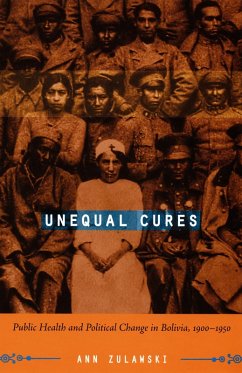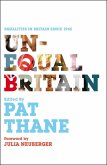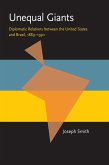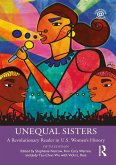Unequal Cures illuminates the connections between public health and political change in Bolivia from the beginning of the twentieth century, when the country was a political oligarchy, until the eve of the 1952 national revolution that ushered in universal suffrage, agrarian reform, and the nationalization of Bolivia's tin mines. Ann Zulawski examines both how the period's major ideological and social transformations changed medical thinking and how ideas of public health figured in debates about what kind of country Bolivia should become. Zulawski argues that the emerging populist politics of the 1930s and 1940s helped consolidate Bolivia's medical profession and that improved public health was essential to the creation of a modern state. Yet she finds that at mid-century, women, indigenous Bolivians, and the poor were still considered inferior and consequently received often inadequate medical treatment and lower levels of medical care.Drawing on hospital and cemetery records, censuses, diagnoses, newspaper accounts, and interviews, Zulawski describes the major medical problems that Bolivia faced during the first half of the twentieth century, their social and economic causes, and efforts at their amelioration. Her analysis encompasses the Rockefeller Foundation's campaign against yellow fever, the almost total collapse of Bolivia's health care system during the disastrous Chaco War with Paraguay (1932-35), an assessment of women's health in light of their socioeconomic realities, and a look at Manicomio Pacheco, the national mental hospital.
Dieser Download kann aus rechtlichen Gründen nur mit Rechnungsadresse in A, B, BG, CY, CZ, D, DK, EW, E, FIN, F, GR, HR, H, IRL, I, LT, L, LR, M, NL, PL, P, R, S, SLO, SK ausgeliefert werden.









